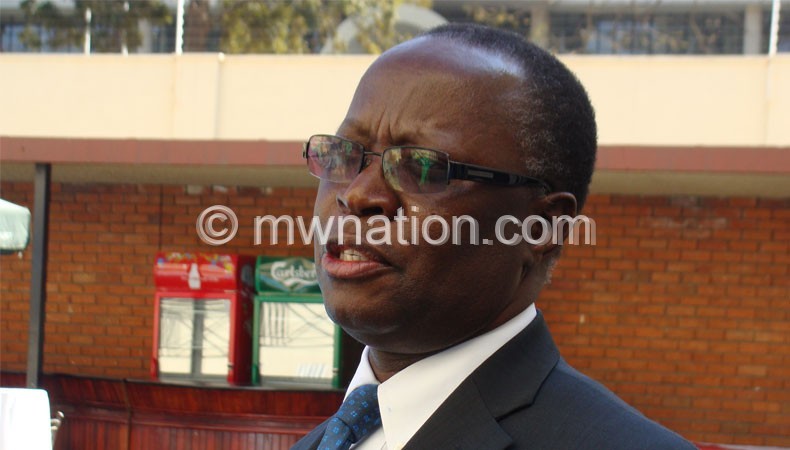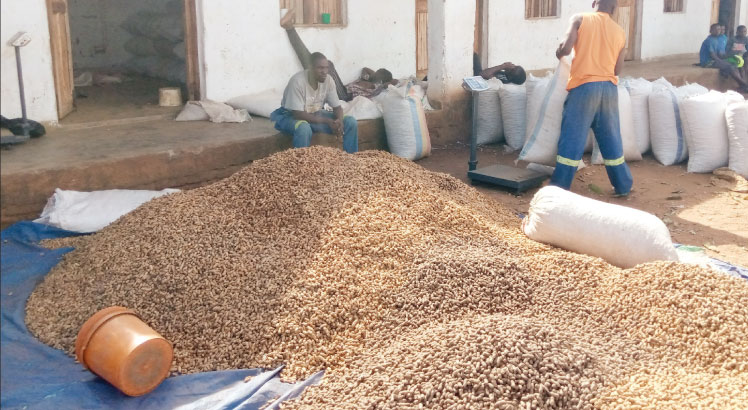RBM calls for export financing
The country’s commercial banks need to accommodate the needs of the private sector particularly on financing production of exports to move the economy a step further, says the Reserve Bank of Malawi (RBM).
The call by the RBM Governor Charles Chuka comes against the backdrop of Malawians’ growing insatiable appetite for imports against what it exports, creating a widening negative trade balance, depleting the much-needed foreign exchange and distorting foreign exchange stability.

A World Bank report dated June 2014, Global Economic Prospects, said the country’s imports will this year grow by six percent against 4.8 percent growth in imports, potentially dampening gross domestic product (GDP) growth.
Malawi’s GDP is projected to grow by 4.4 percent this year, having grown by 4.2 percent last year, according to the World Bank.
Chuka said the central bank wants to see commercial banks applying more innovation in serving some of the important but under-served sectors such as agriculture and tourism, among others.
“The financing for the production of exports is really what will take this country forward. There are a few investors in Malawi who have taken up production for exports,” said the governor in a speech made at the inauguration of CDH House that is housing CDH Investment Bank (CDHIB) in Blantyre last week.
“I would like all banks to support them with the right financing products as one way of promoting production for exports. I have also gladly noted some businesses investing in value addition to agricultural products.”
Chuka said this direction needs to be supported because it is through value addition that exports start to earn more foreign exchange, stressing that the country’s yawning balance of payments deficit will not be closed by government.
He noted that it is through the private sector exports that Malawi will be able to deal with the huge gap between imports and exports.
“The trade deficit is one of the biggest enemies of our economy. It is this trade gap that threatens our exchange rate stability. Therefore, it requires concerted efforts to improve our export base,” he said.
On its part, the RBM has assured that it will play its role to ensure that the country achieves macro-economic stability which, among other things, includes a lower interest rates environment to enable businesses to thrive.
Recent data compiled by United Nations Conference on Trade and Development (Unctad) show that Malawi’s 2013 exports slumped to $1.15 billion from $1.18 billion the year before while imports eased slightly from $2.72 billion to $2.7 billion.
Concerned with the burgeoning imports relative to exports, the Malawi Government in 2012 launched the National Export Strategy (NES), focusing on three export-oriented clusters for diversification, oil seeds products, sugar cane and manufactures.
President Peter Mutharika has said his government will continue to implement the five-year NES, arguing it provides a road map for developing Malawi’s productive base to allow for both export competitiveness and economic empowerment.
Recently, the Malawi Innovative Challenge Fund (Micf) launched an $8 million fund to provide grant finance to the private sector for innovative projects in manufacturing and value addition to boost exports.





